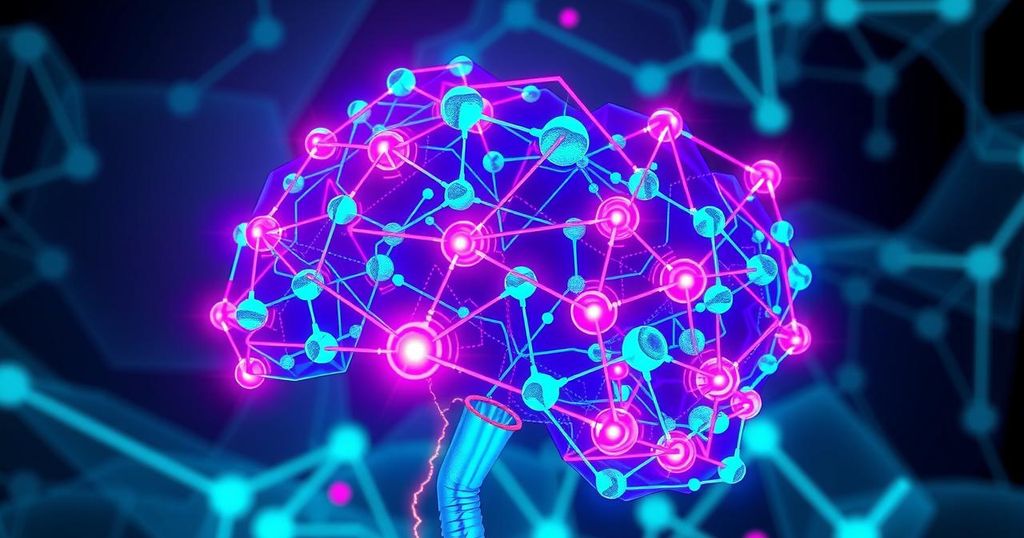Five Groundbreaking Scientific Discoveries Yet to Receive a Nobel Prize
This article explores five notable scientific discoveries that, despite their groundbreaking nature, have yet to receive Nobel Prizes. Highlights include the mapping of the human genome, innovations in obesity treatment via GLP-1 drugs, advancements in AI through AlphaFold, research on the gut microbiome, and Mary-Claire King’s work on cancer-related genes. Each breakthrough showcases the significance of collaboration and the ongoing journey toward recognition in the scientific community.
The Nobel Prizes, established by Alfred Nobel over a century ago, celebrate monumental scientific achievements, yet some impactful discoveries remain unawarded. Among the prominent candidates is the mapping of the human genome, culminating in 2003 after years of international collaboration. This project’s significance in biology and medicine is undeniably immense, yet its collective nature challenges recognition as the prize only honors a maximum of three.
Another noteworthy development is the innovation of weight-loss drugs inspired by the GLP-1 hormone, pivotal in battling the global obesity crisis that affects one in eight people. The scientists who played critical roles have garnered accolades that hint at future Nobel recognition. Meanwhile, artificial intelligence has made revolutionary strides, particularly through the efforts of Demis Hassabis and John Jumper in creating AlphaFold, a program that predicts protein structures, fundamentally altering biological research.
Advancements in understanding the gut microbiome have shed light on the trillions of microbes residing in our bodies, crucial for human health, predominantly driven by Dr. Jeffrey Gordon’s groundbreaking work. Lastly, Mary-Claire King’s exploration into cancer-related genes has provided essential insights into hereditary breast cancer, allowing for life-saving genetic tests. Though not yet crowned with Nobel honors, these discoveries reflect the profound impact that science can have, waiting patiently for the acknowledgment they richly deserve.
The Nobel Prizes honor exceptional scientific achievements that often take decades to materialize. Yet, a plethora of groundbreaking discoveries has emerged that have not yet received this prestigious accolade. From mapping the human genome to addressing obesity through innovative medication, these projects represent collaborative efforts and significant contributions to human health and understanding. The challenges posed by the award’s limitation on the number of recipients notably hinder recognition in today’s highly interconnected research landscape. In the fields of artificial intelligence and microbiome research, promises of transformative breakthroughs are evident, maintaining scientific momentum and discovery that could one day lead to Nobel acknowledgments. The ongoing research emphasizes the need for continual investment and focus on pioneering advancements that intertwine human health and biology with modern technology. The quest for recognition stretches across diverse fields in science, underscoring the interplay of innovation and time as factors that define the path to accolades like the Nobel Prize.
The realm of science is ever-evolving, marked by significant breakthroughs that paint a vivid picture of 21st-century advancements. While Nobel Prizes celebrate exceptional work, many revolutionary discoveries, such as the human genome mapping and AI developments in biology, linger in the shadows, awaiting acknowledgment. With an emphasis on collaboration and innovation, these unheralded contributions are crucial to understanding and enhancing human well-being, reinforcing the notion that the impact of scientific endeavors transcends awards and accolades. Ultimately, the window to recognize such efforts is ever-open, reminding us of the ongoing journey of discovery yet to be fully celebrated.
Original Source: www.cnn.com




Post Comment